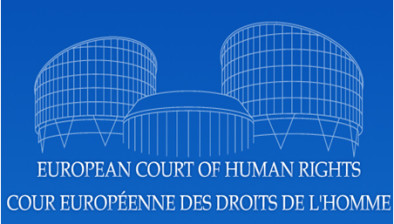ECtHR: Caster Semenya suffered discrimination over testosterone rules

Caster Semenya, two-time 800m Olympic champion, faced discrimination due to rules requiring her to reduce her naturally high testosterone levels to continue competing, the European Court of Human Rights (ECtHR) has ruled.
Ms Semenya has a condition causing higher testosterone levels than most women. The South African athlete has been barred from her preferred race since testosterone level limits were introduced, necessitating medication.
The ECtHR ruled Ms Semenya’s human rights had been violated, overturning previous verdicts from the Court of Arbitration for Sport and the Swiss Federal Supreme Court.
The court stated: “The applicant had not been afforded sufficient institutional and procedural safeguards in Switzerland to allow her to have her complaints examined effectively, especially since her complaints concerned substantiated and credible claims of discrimination as a result of her increased testosterone level caused by differences of sex development [DSD].”
The judgment indicated violations of Article 14 of the European Convention on Human Rights, pertaining to discrimination, and Article 13 concerning the lack of effective remedies against discrimination.
Four of the seven ECtHR judges agreed Ms Semenya’s rights under Articles 13 and 14 had been violated.
Responding to the divided decision, World Athletics said: “We remain of the view that the DSD regulations are a necessary, reasonable and proportionate means of protecting fair competition in the female category…We will be encouraging [the Swiss government] to seek referral of the case to the ECHR grand chamber for a final and definitive decision.
“In the meantime, the current DSD regulations, approved by the World Athletics council in March 2023, will remain in place.”








